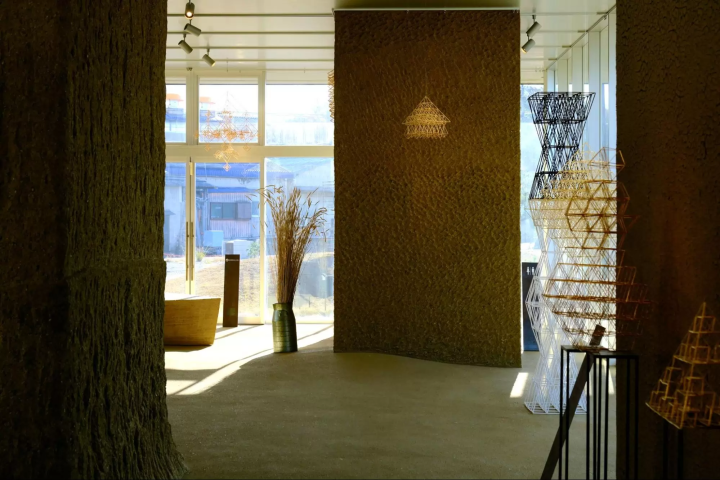[About 3 hours from Tokyo] 5 things to do in Murakami City, Niigata Prefecture
![[About 3 hours from Tokyo] 5 things to do in Murakami City, Niigata Prefecture](https://resources.matcha-jp.com/resize/720x2000/2023/12/08-155613.webp)
Murakami City, Niigata Prefecture is a castle town located at the northernmost tip of Niigata Prefecture, surrounded by rich nature. In this article, we will introduce how to get to Murakami City in Niigata Prefecture from major cities in Japan, introduce each area of Murakami City, and suggest 5 fun things to experience once you arrive in Murakami City, Niigata Prefecture.
-
Table of Contents
- What kind of city is Murakami City, Niigata Prefecture?
- How to get to Murakami City, Niigata Prefecture
- Murakami City area guide
- 5 Sightseeing Spots in Murakami City
- Souvenirs from Murakami City
- Murakami City's climate and clothing
What kind of city is Murakami City, Niigata Prefecture?
Niigata Prefecture is located on the Sea of Japan side and belongs to the Chubu region. It is connected to Tokyo by plane, Shinkansen, and expressway, and is recommended for those who want to go beyond the standard trip to Japan to experience the local culture more deeply. Murakami City is the northernmost city in Niigata Prefecture. The center of the town flourished as a castle town, and there are many famous spots that remind you of the old days. In addition, it has a long coastline, majestic mountains, beautiful rivers, and rural landscapes that can be called the original Japanese landscape. The seafood and agricultural products brought to you by this rich natural environment are delicious and cannot be tasted anywhere else, and are one of the attractions of Murakami City.
How to get to Murakami City, Niigata Prefecture
If you go by plane
There are direct flights to Niigata Airport from major airports in Japan.
●Tokyo (Narita Airport) → Niigata Airport…about 65 minutes (suspended from the end of October to the end of March every year, please use the Shinkansen during this time)
●Osaka (Itami/Kansai International) → Niigata Airport…about 65 minutes ●Nagoya (Komaki/Chubu International) → Niigata Airport…about 60-65 minutes
Please use the limousine bus (approximately 25 minutes) from Niigata Airport to JR Niigata Station.
There is also a ``Sena Onsen Direct Liner'' (reservation required) that connects Niigata Airport to Murakami/Sena Onsen.
https://www.niigata-airport.gr.jp/access/liner/senami/
If you go by train
Please use the Shinkansen from major cities in Japan to Niigata Prefecture (Niigata City).
●Tokyo Station → (Joetsu Shinkansen) → Niigata Station…approx. 2 hours ●Shin-Osaka Station → (Tokaido Shinkansen) → Tokyo Station → (Joetsu Shinkansen) → Niigata Prefecture…approx. 4 hours 30 minutes
Please use the Uetsu Main Line from Niigata City to Murakami City.
●Niigata Station → (Uetsu Main Line) → Murakami Station … Approximately 1 hour, Approximately 1 hour 30 minutes
https://www.sake3.com/en/access.html
How to get around Murakami City
It is approximately 2km from Murakami Station to the Kyu-choninmachi area, where the old townscape still remains, and it takes about 20 minutes on foot, which is the perfect distance for a stroll. Other means of transportation include taxis, circulation buses, and rental bicycles (closed in winter due to snowfall).
https://www.sake3.com/en/access2.html
Murakami City area guide
Murakami area
![[About 3 hours from Tokyo] 5 things to do in Murakami City, Niigata Prefecture](https://resources.matcha-jp.com/resize/720x2000/2023/12/08-155661.webp)
Centered around the ruins of Murakami Castle, which was built on the summit of Mt. Gagyu, this area retains a strong vestige of the past when it flourished as a castle town. There are also tourist spots scattered around, such as Oshagiri Kaikan (Murakami City Local Museum) [Photo], which tells the history and culture of Murakami City, and Japan's first salmon museum, Iyoboya Kaikan, as well as Kurobei Dori and The quaint streets, such as Machiya Dori, are lined with Murakami's famous salmon products, restaurants, and liquor stores.
Murakami Castle Ruins
https://www.sake3.com/spot/48
Oshagiri Hall (Murakami City Local Museum)
https://www.sake3.com/spot/179
Iyoboya Kaikan
https://www.iyoboya.jp/
Kurobei Street (Anzenkoji)
https://www.sake3.com/spot/2460
Echigo Murakami Machiya Street
https://www.sake3.com/spot/17880
Yamakita area
![[About 3 hours from Tokyo] 5 things to do in Murakami City, Niigata Prefecture](https://resources.matcha-jp.com/resize/720x2000/2023/12/08-155709.webp)
The Sanpoku area, which faces the Sea of Japan to the northwest of the Murakami area, attracts people who enjoy driving and marine sports, centered around the approximately 11km long Sasagawanagare coastline, which is lined with strange-looking rocks and caves shaped by the waves. One of the attractions is the fresh seasonal seafood, including rock oysters available only in the summer. We also recommend the Sasagawanagare Pleasure Boat (pictured), which operates from late March to late November every year.
Sasagawanagare
https://www.sake3.com/spot/78
Sasagawa Nagare Pleasure Boat
https://www.sasagawanagare.co.jp/en/
Asahi area
![[About 3 hours from Tokyo] 5 things to do in Murakami City, Niigata Prefecture](https://resources.matcha-jp.com/resize/720x2000/2023/12/11-156227.webp)
To the northeast of the Murakami area, it is an area rich in nature surrounded by mountains such as the Asahi Mountain Range. ``Asahi Midori-no-Sato'' is a major tourist hub with hot springs and restaurants, ``Futagojima Forest Park'' where you can camp and BBQ on the shore of Miomote Dam Lake (usually from late April to mid-November), and use rice terraces. There is "Takane Trout Mountains" (usually from early April to late November) where you can enjoy trout fishing in a pond (pictured).
Asahi Midori no Sato
https://asahimidori.com/
Futagojima Forest Park
https://www.sake3.com/spot/219
Takane Trout Mountains
https://takane-tm.tkc.best-hp.jp/
Senami/Iwafune area
![[About 3 hours from Tokyo] 5 things to do in Murakami City, Niigata Prefecture](https://resources.matcha-jp.com/resize/720x2000/2023/12/11-156237.webp)
This area is centered around Senami Onsen, a hot spring resort facing the Sea of Japan (pictured), and Iwafune Port, which boasts one of the largest catches in the prefecture. At the inns and hotels in Senami Onsen Town, you can take a bath while looking out at the ocean or the sunset, and eat special Murakami ingredients (Murakami beef, fresh seafood, Japanese sake, etc.). Spend a relaxing time listening to the sound of waves coming from the ocean in front of you.
About Senami Onsen
https://www.sake3.com/senamionsen/240
Kanbayashi/Arakawa area
![[About 3 hours from Tokyo] 5 things to do in Murakami City, Niigata Prefecture](https://resources.matcha-jp.com/resize/720x2000/2024/01/17-162370.webp)
Shioya, a port town that prospered as a port of call for Kitamaebune ships (pictured), still has townhouses with Tsumairi roofs, and you can feel the vestiges of those days as you walk through the streets. At Nozawa Foods Industry, a long-established miso and soy sauce brewery, you can tour the brewery and sample some of the products. This is an area where you can fully enjoy the culture and nature of Murakami City, such as Omakuba Ohike Park, which is a popular place for swans to visit and cherry blossoms, and Arakawa, where you can enjoy salmon fishing.
Nozawa shokuhin-kougyo (NOZAWA)
https://www.nozawa-shokuhin.com/
Omakuba Ohike Park
https://www.sake3.com/spot/966
Arakawa
https://www.sake3.com/spot/953
5 Sightseeing Spots in Murakami City
1. Murakami Castle Ruins
![[About 3 hours from Tokyo] 5 things to do in Murakami City, Niigata Prefecture](https://resources.matcha-jp.com/resize/720x2000/2024/01/17-162398.webp)
Murakami Castle was built on Mt. Gagyu at an altitude of 135 meters. Although no castle remains, the stone walls built during the Edo period and the earthworks, kuruwa, and vertical moat built during the Sengoku period remain. It takes about 20 minutes to climb to the top of the mountain where the ruins of the castle tower are located. From the top of the mountain, you can see the Murakami city area, Miomote River, and the Sea of Japan, and if the weather is clear, you can also see Awashima and Sado.
*There are no toilets or vending machines at the summit.
Murakami Castle Ruins
https://www.sake3.com/spot/48
2. Sasagawanagare
![[About 3 hours from Tokyo] 5 things to do in Murakami City, Niigata Prefecture](https://resources.matcha-jp.com/resize/720x2000/2024/01/17-162402.webp)
An 11km stretch of coastline with strangely shaped rocks and caves created by the violent waves of the Sea of Japan. In the summer, the area is crowded with people visiting the beach for swimming and camping. In addition to viewing it from the train (JR Uetsu Main Line) or car (National Route 345), we also recommend viewing it from the ocean side using a pleasure boat or sea kayak.
Sasagawanagare
https://www.sake3.com/spot/78
Sasagawanagare Pleasure Boat
https://www.sasagawanagare.co.jp/en/
Sasagawanagare Kayak Center
https://www.snkc2020.com/
3.Iyoboya Kaikan
![[About 3 hours from Tokyo] 5 things to do in Murakami City, Niigata Prefecture](https://resources.matcha-jp.com/resize/720x2000/2024/01/17-162404.webp)
``Iyoboya Kaikan'' is Japan's first salmon museum. Inside the museum, there are exhibits of freshwater fish and a corner where you can learn about the history and culture of salmon. At the Miomote River Salmon Observation Nature View, where you can take a peek inside the Tane River, a branch of the Miomote River, you may be able to see valuable spawning scenes during the salmon migration season (usually from late October to December). .
Iyoboya Kaikan
https://www.iyoboya.jp/
4. Kurobei Street (Anzenkoji)
![[About 3 hours from Tokyo] 5 things to do in Murakami City, Niigata Prefecture](https://resources.matcha-jp.com/resize/720x2000/2024/01/18-162627.webp)
This alley is lined with blackboard walls and gives you the feel of Murakami, which prospered as a castle town during the Edo period. Along the alley are temples and shrines such as Anzenji and Jonenji, as well as Kappo Shintaku, which received one star in the Michelin Guide Niigata 2020 Special Edition, and many tourists visiting Murakami City stop by.
Kurobei Street (Anzenkoji)
https://www.sake3.com/spot/2460
Anzenji Temple
https://www.sake3.com/spot/3819
Jonenji Temple
https://www.sake3.com/spot/1517
Kappo Shintaku
https://murakami-sintaku.com/
5. Senami Onsen Town
![[About 3 hours from Tokyo] 5 things to do in Murakami City, Niigata Prefecture](https://resources.matcha-jp.com/resize/720x2000/2024/01/18-162639.webp)
This is a street lined with inns and hotels of Senami Onsen, a famous hot spring facing the Sea of Japan. There are many shops that will make you enjoy walking around, such as the free footbath, hot spring steamed buns that are perfect as souvenirs, and souvenir shops with a retro atmosphere.
About Senami Onsen
https://www.sake3.com/senamionsen/240
Konkong-chan footbath
https://www.sake3.com/spot/1901
Footbath "Nihonkai"
https://www.sake3.com/spot/307
Ganso Kimuraya
https://www.sake3.com/spot/1972
Omiyage no Toraya
https://www.sake3.com/spot/1662
Souvenirs from Murakami City
Processed salmon products are especially popular as souvenirs from Murakami City. In addition, sake such as ``Shimeharitsuru'' and ``Taiyozakari'' are also produced. Murakami tea is less astringent and is recommended for those who are not used to drinking green tea. In terms of crafts, Murakami wood carving Tsuishu chopsticks and accessories are affordable and popular among women.
Murakami City specialty products (food)
https://www.sake3.com/en/food.html
Murakami City special products (crafts)
https://www.sake3.com/en/skill.html
Murakami City's climate and clothing
In Murakami City, located in the northern part of Japan, snow begins to fall around mid-December and the cold days continue until late March. During this period, it is recommended to protect yourself from the cold by wearing a thick coat such as a down coat, a hat, gloves, a muffler, and boots (or rain boots).
The summer heat is no different from other parts of Japan.
There are some cold days in spring and autumn, so it's a good idea to bring a jacket or stole.
Murakami City, located at the northern tip of Niigata Prefecture, has a townscape full of historical atmosphere centered around the ruins of Murakami Castle, as well as the scenic beauty of the Sasagawa Nagare, which boasts a splendid seascape, mountains, rivers, and countryside that bring bountiful blessings, and Senami facing the Sea of Japan. You can spend quality time relaxing in the hot springs while watching the sunset. There are many delicious dishes that can only be tasted in Murakami, such as salmon dishes such as ``salted salmon'', Murakami beef, and Koshihikari rice from Iwafune. We will introduce you to the charms of Murakami, a city of history, tradition, rich nature, and gourmet food.
The contents on this page may partially contain automatic translation.























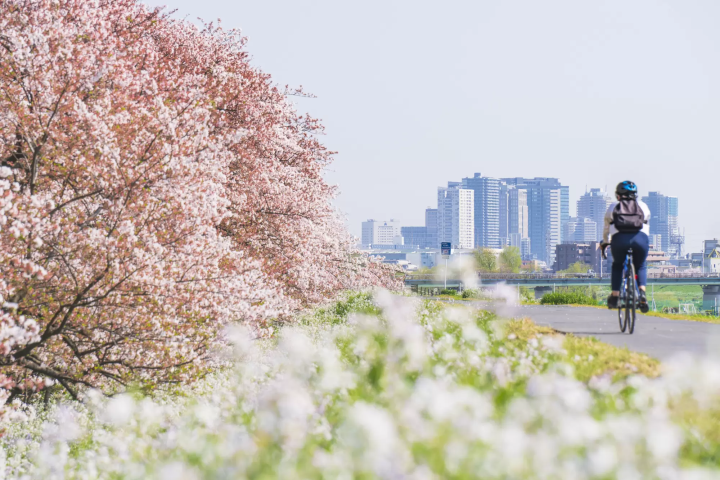
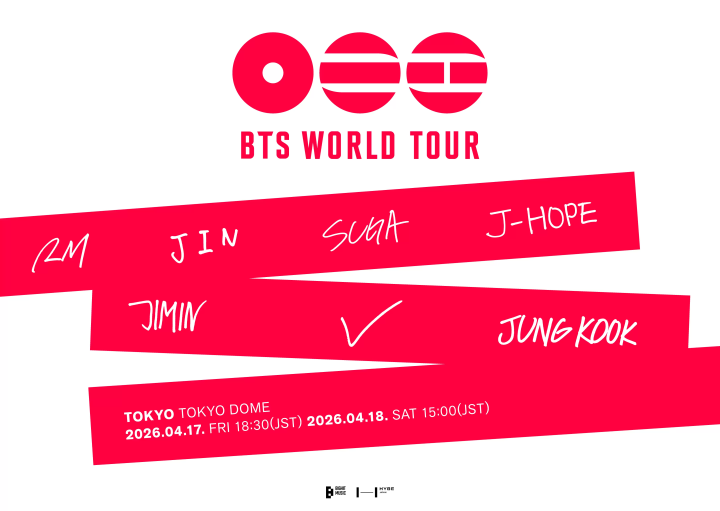
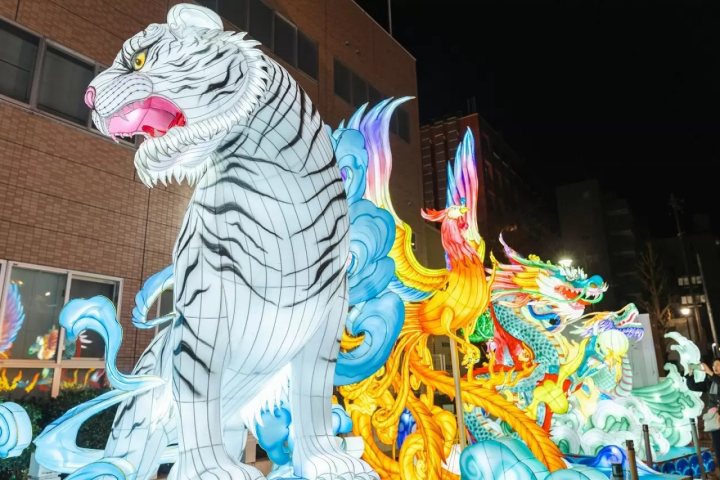
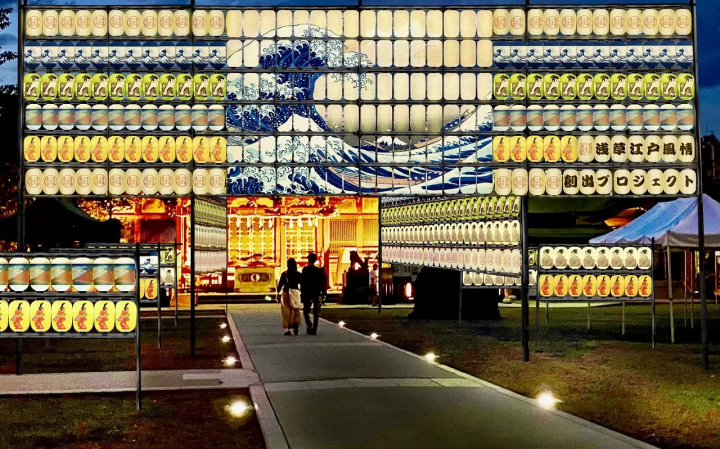




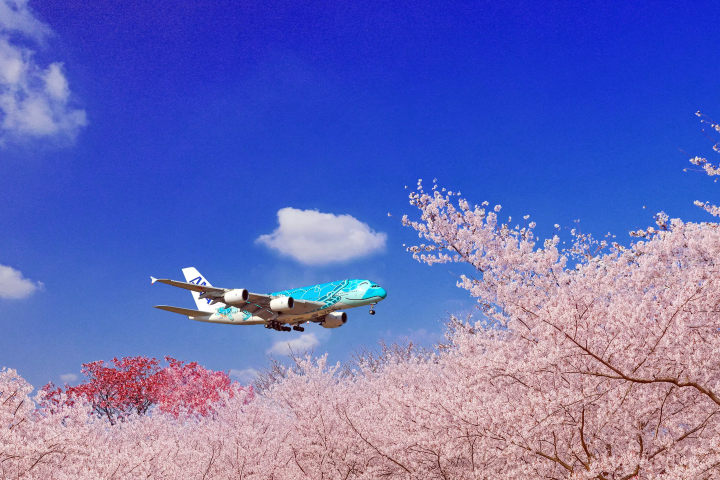
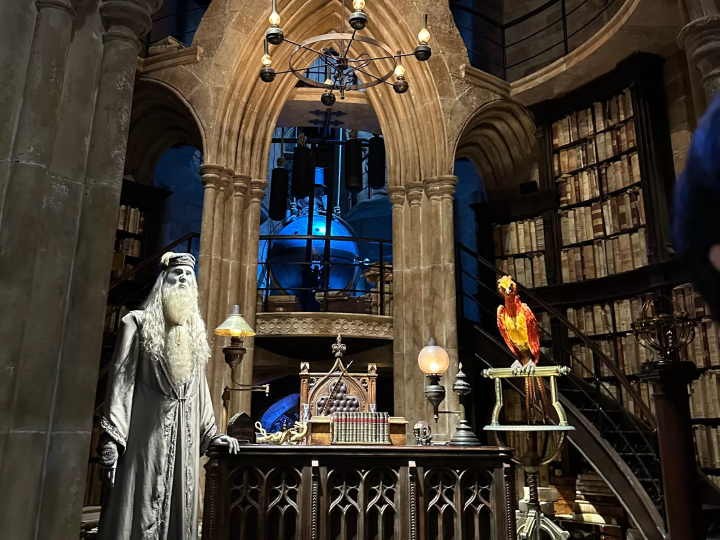
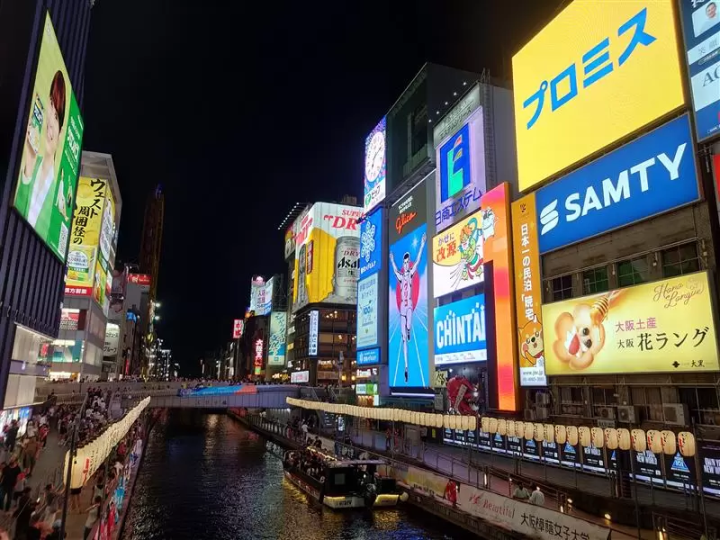
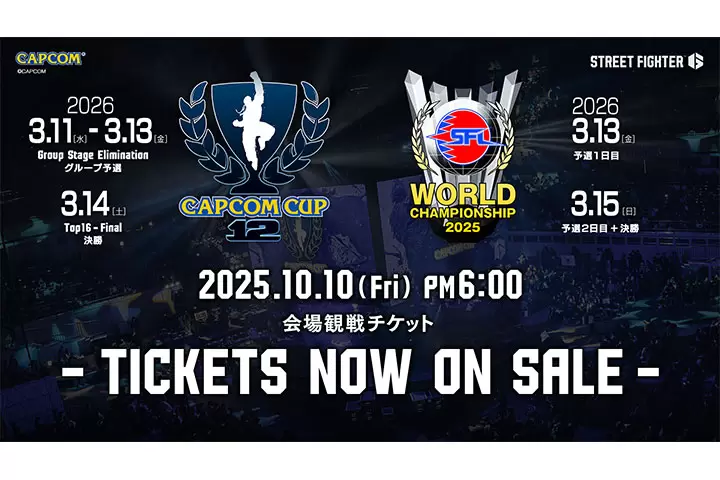
![[About 3 hours from Tokyo by Shinkansen and Limited Express] Go see the "Dolls" in Murakami City, Niigata Prefecture!](https://resources.matcha-jp.com/resize/720x2000/2024/02/08-165936.webp)
